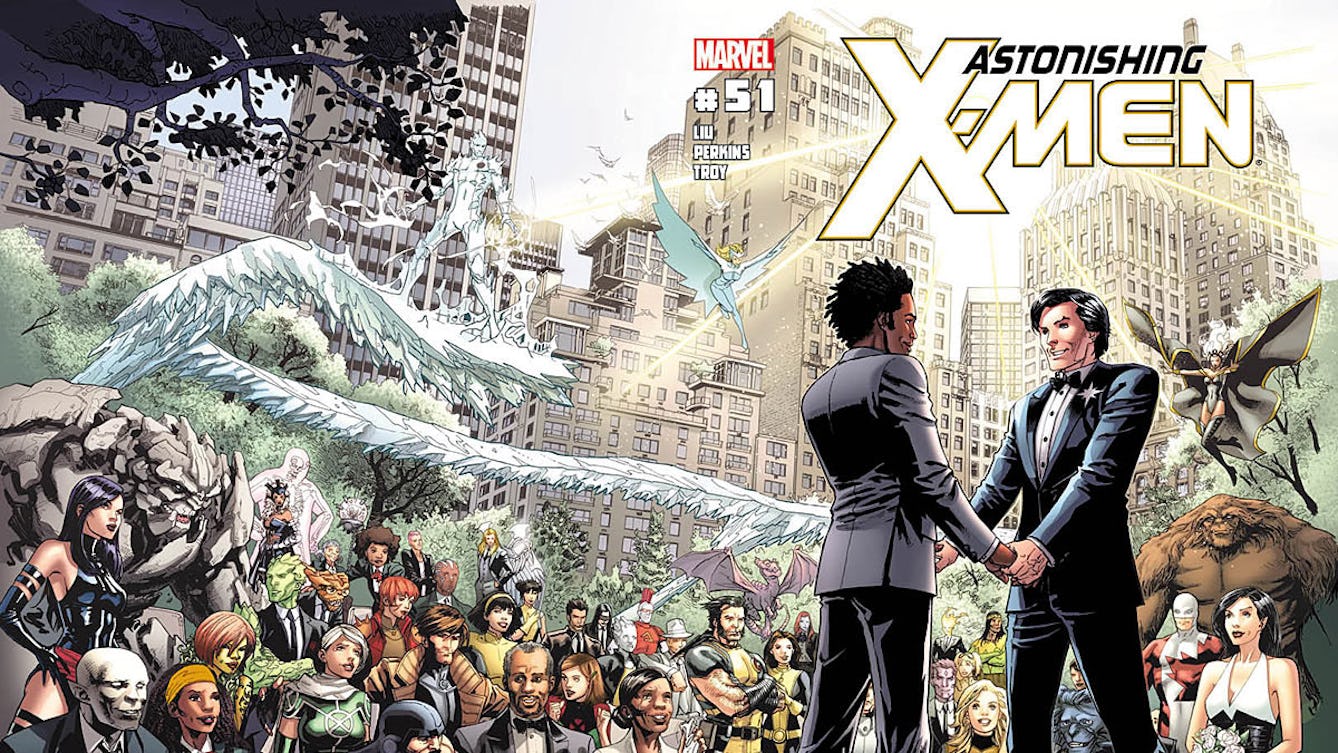
- Article
- Article
Sex in graphic novels
Sex and sexuality have long been explored in the history of the graphic novel.

- Article
- Article
The ‘undesirable epileptic’
Abused in her marriage for being 'a sick woman', Aparna Nair looked to history to make sense of the response to her epilepsy. She discovered how centuries of fear and discrimination were often endorsed by science and legislation.
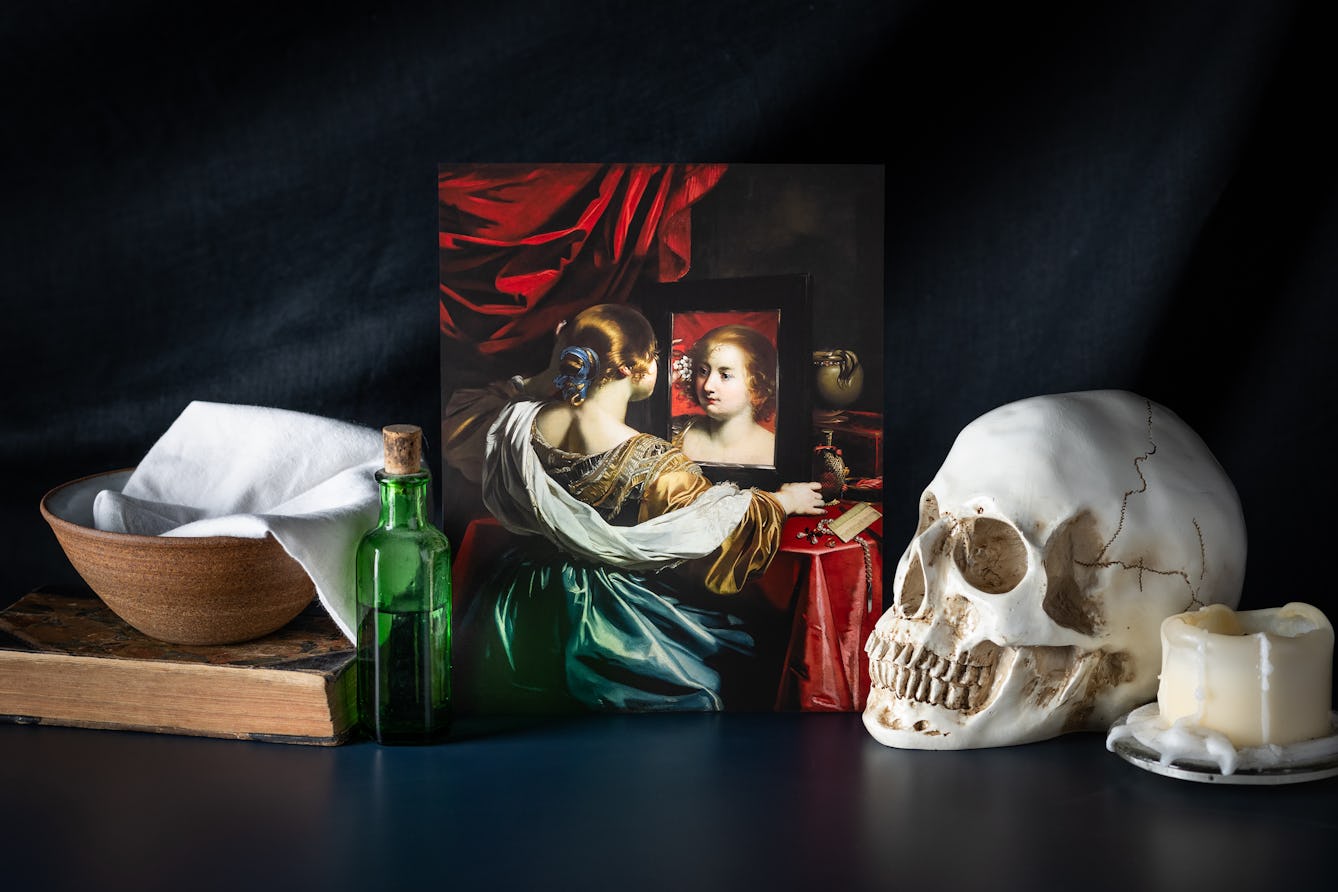
- Book extract
- Book extract
Renaissance women and their killer cosmetics
In this extract from ‘How to be a Renaissance Woman’, Jill Burke delves into a complex world of beauty products, poison and patriarchy – and reveals the impossible contradictions of femininity faced by 16th-century women.

- Article
- Article
To stop or stay on lithium
In the final part of her investigation into lithium, Laura Grace Simpkins faces a dilemma – should she put her own mental health or other people and the planet first?

- Article
- Article
Why gene editing can never eliminate disability
In a world where DNA testing and gene editing offer ways to eliminate certain disabilities, Jaipreet Virdi explores a more accepting and inclusive approach.
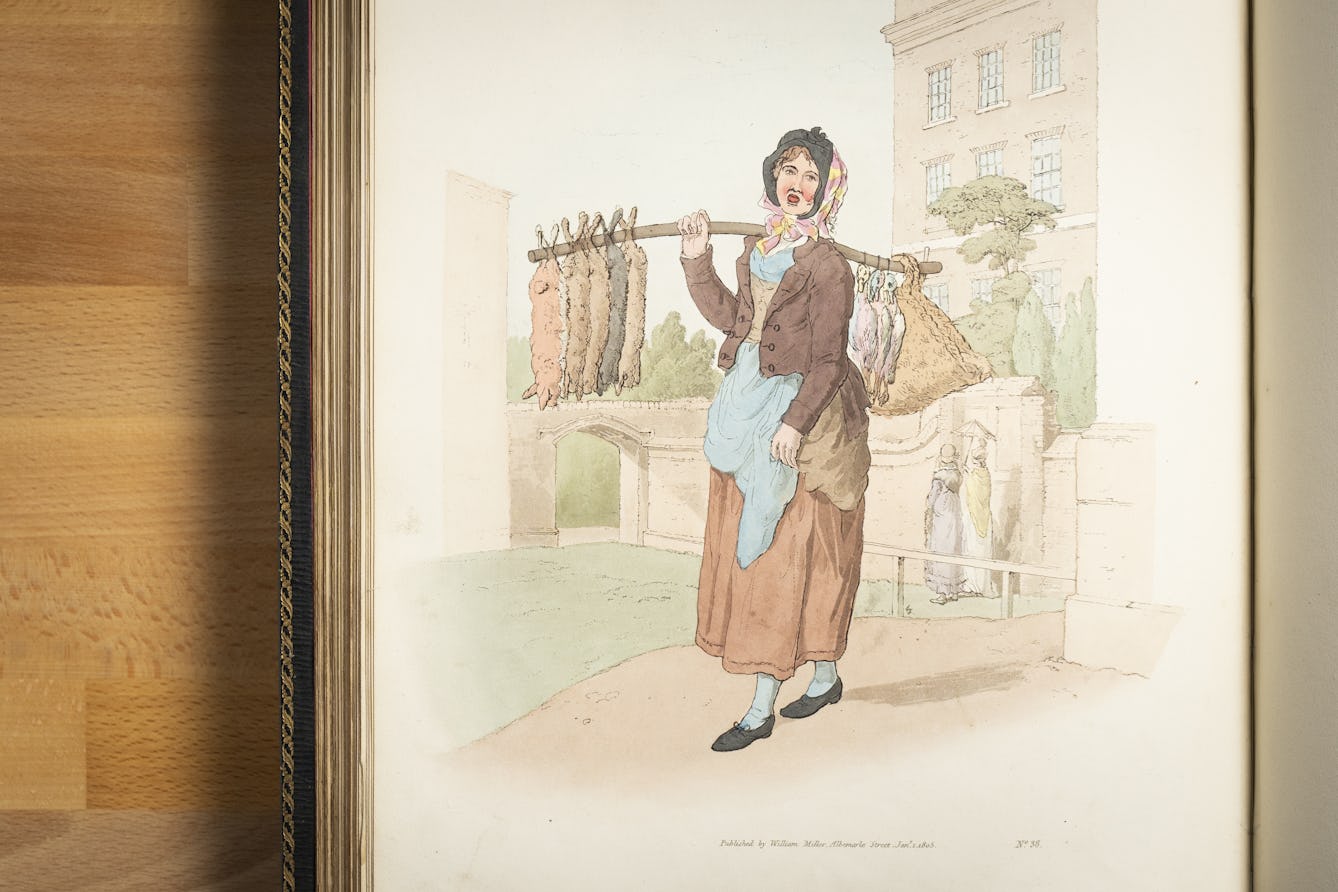
- Article
- Article
The girl with no name
When a now anonymous teenager sold her tooth for transplant, she couldn’t have predicted that she’d end up at the heart of a troubling story about 18th-century beauty ideals.

- Article
- Article
Can our sexual desires be transformed?
In the 1950s, many psychiatrists thought that homosexuality could be reformed. One found that it couldn’t – and his discoveries led to a change in the law.

- Article
- Article
The metamorphosis of masturbation
Throughout history, medics and campaigners have tried to stamp out masturbation – but is modern science transforming its reputation?

- Article
- Article
Nymphomania and hypersexuality in women and men
The history of nymphomania is closely bound with society's views on women and their sexuality.

- Article
- Article
Thousands of years of women’s pain
Even in the 21st century, women with severe monthly pain find their suffering minimised or dismissed by the medical profession. Such pain is seen as simply a natural part of being female.

- In pictures
- In pictures
The weird folklore of British cakes
If you fancy a slice of cake with your tea this afternoon, read on to find out how your luck, health or marriage prospects might change as you munch.

- Article
- Article
A journey through slime
Did you know that slime cells signal to each other and seek out multiple partners? Welcome to bath time with Abi Palmer – and some revolting yet awe-inspiring grey slime.

- Article
- Article
The first seizure
Historian Aparna Nair had her first seizure when she was 11. Here she recalls that first time, and how other people’s reactions are sometimes the most disturbing part about having a seizure.
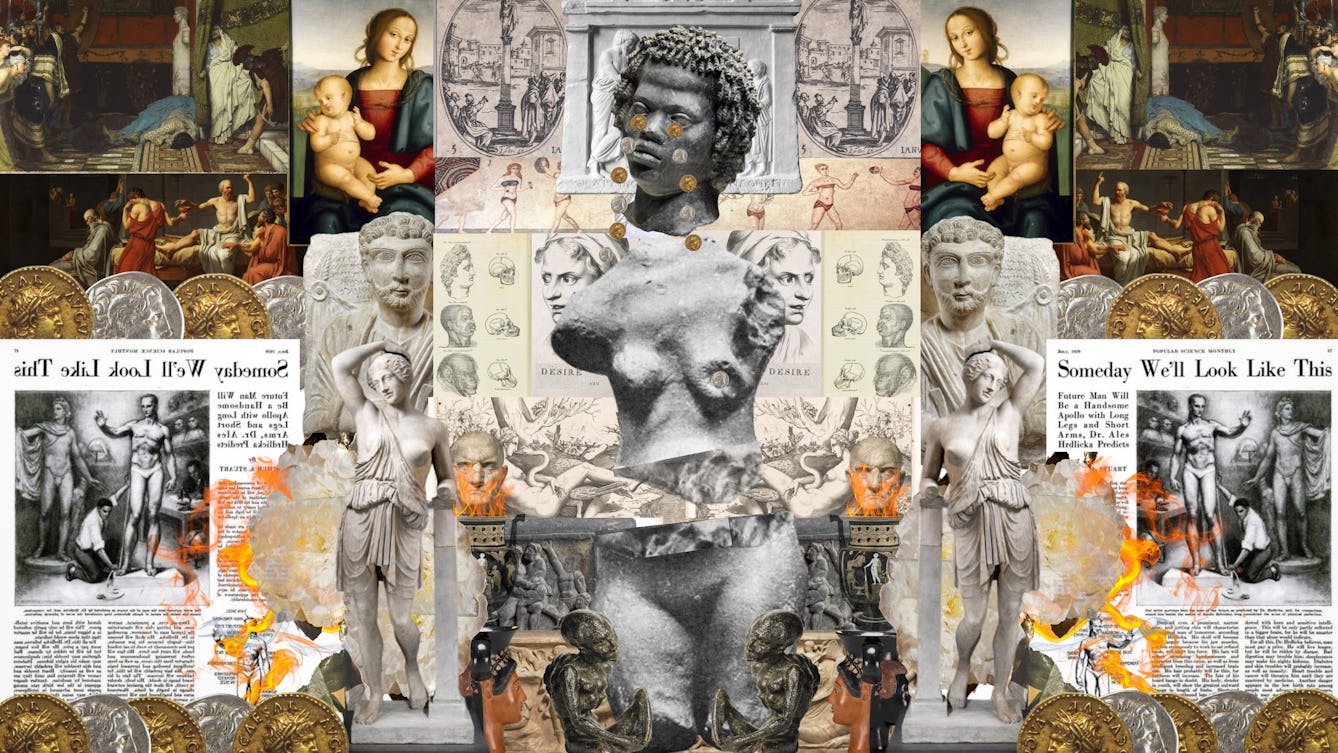
- Book extract
- Book extract
Naked, not nude
Classicist Caroline Vout argues that it’s time to take the dust covers off the Ancient Greeks and Romans, and to encounter their bodies not nude, but naked.
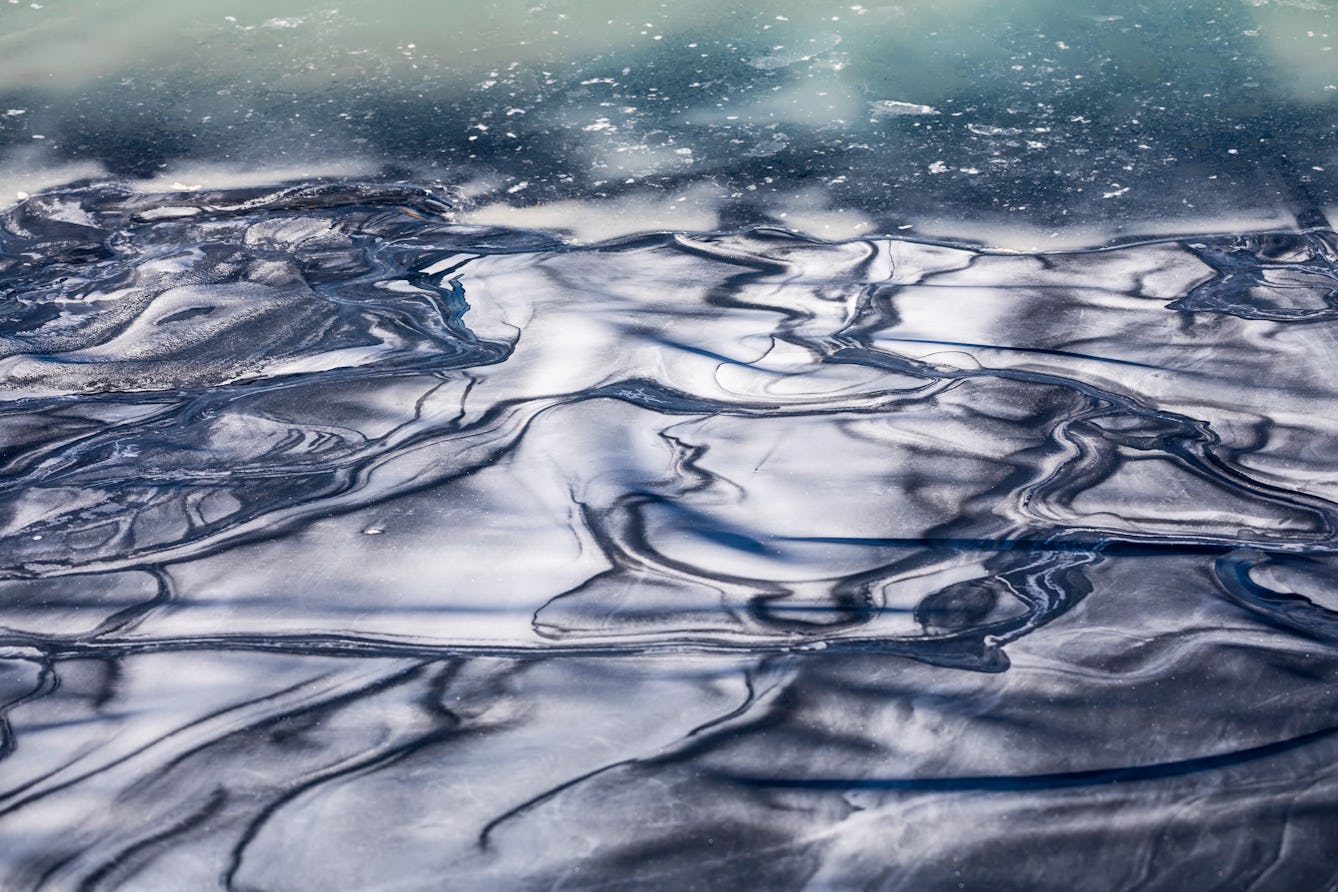
- Article
- Article
Diagnosed bipolar, prescribed lithium
In the first part of a series looking into lithium, Laura Grace Simpkins recounts the beginning of her troubled relationship with this mysterious drug.

- Article
- Article
Talent, tech and visual art
Jamie Hale finds a combination of talent and technology are crucial when it comes to creating great visual art, but how do you keep working when your circumstances are in constant flux?

- Article
- Article
Louis Wain’s cryptic cats
Once famous for his quirky cat illustrations, today Louis Wain is often portrayed as a ‘psychotic’ artist whose illness can be mapped out through his drawings. Here Bryony Benge-Abbott takes a more rounded view.

- Article
- Article
Demanding a diagnosis for invisible pain
After dozens of hospital visits and handfuls of painkillers, a plethora of scans and tests bring diagnosis closer for Jaipreet Virdi.
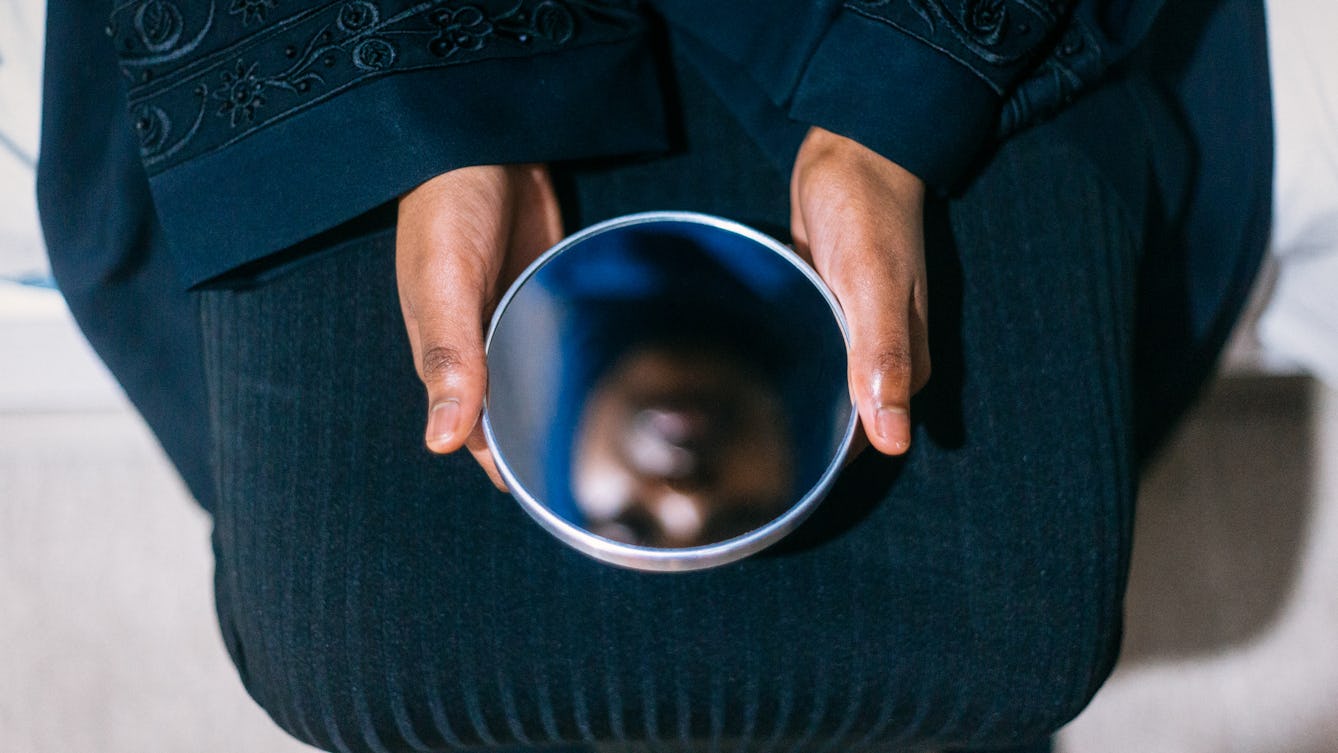
- Article
- Article
Colonialism and the origins of skin bleaching
The widespread practice of skin bleaching was heavily influenced by the Western colonisation and slavery of African and South Asian countries. Ngunan Adamu explores this toxic history.

- Article
- Article
Building a dream in the garden suburbs
In the late 19th century a ‘garden suburb’ promised a retreat from London’s dirt and crowds. See how this new concept was developed to appeal to the health concerns of the literary classes.
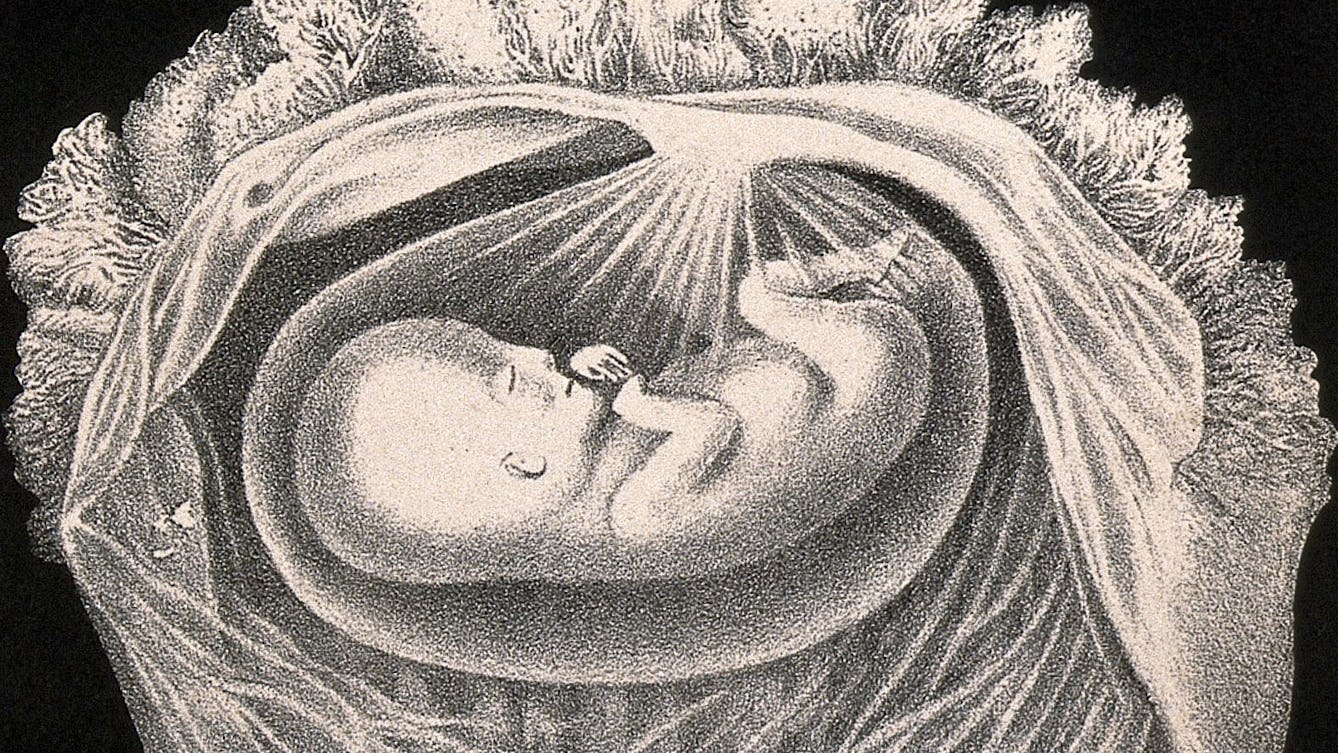
- Article
- Article
The quest to breed gifted children
If you had the chance, would you choose a genius baby?
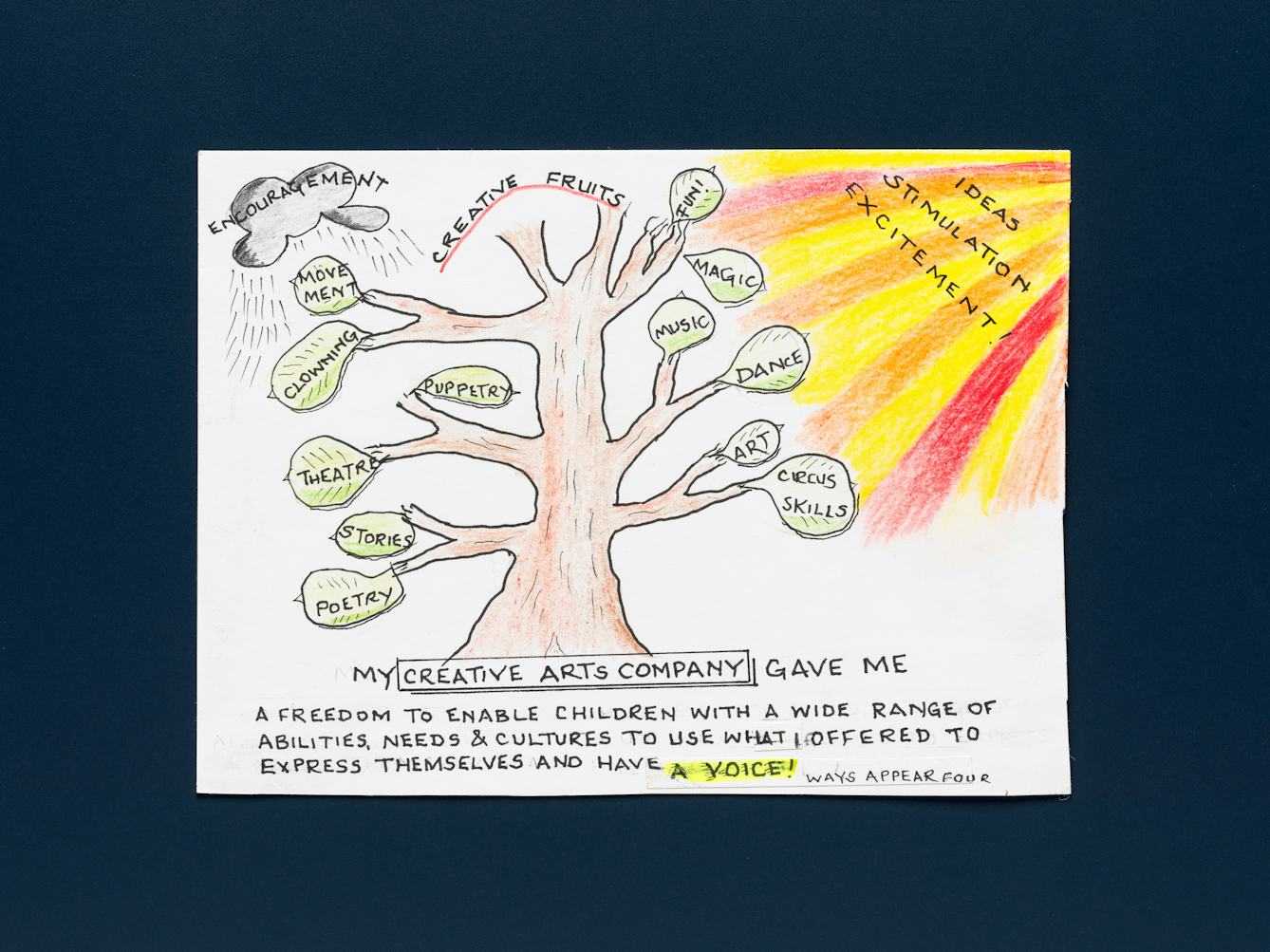
- Article
- Article
Ways appear
While his sense of body shame meant the personal side of his life was unfulfilled, Chris’s career was rewarding. His own childhood experiences gave him profound empathy for the children he worked with.
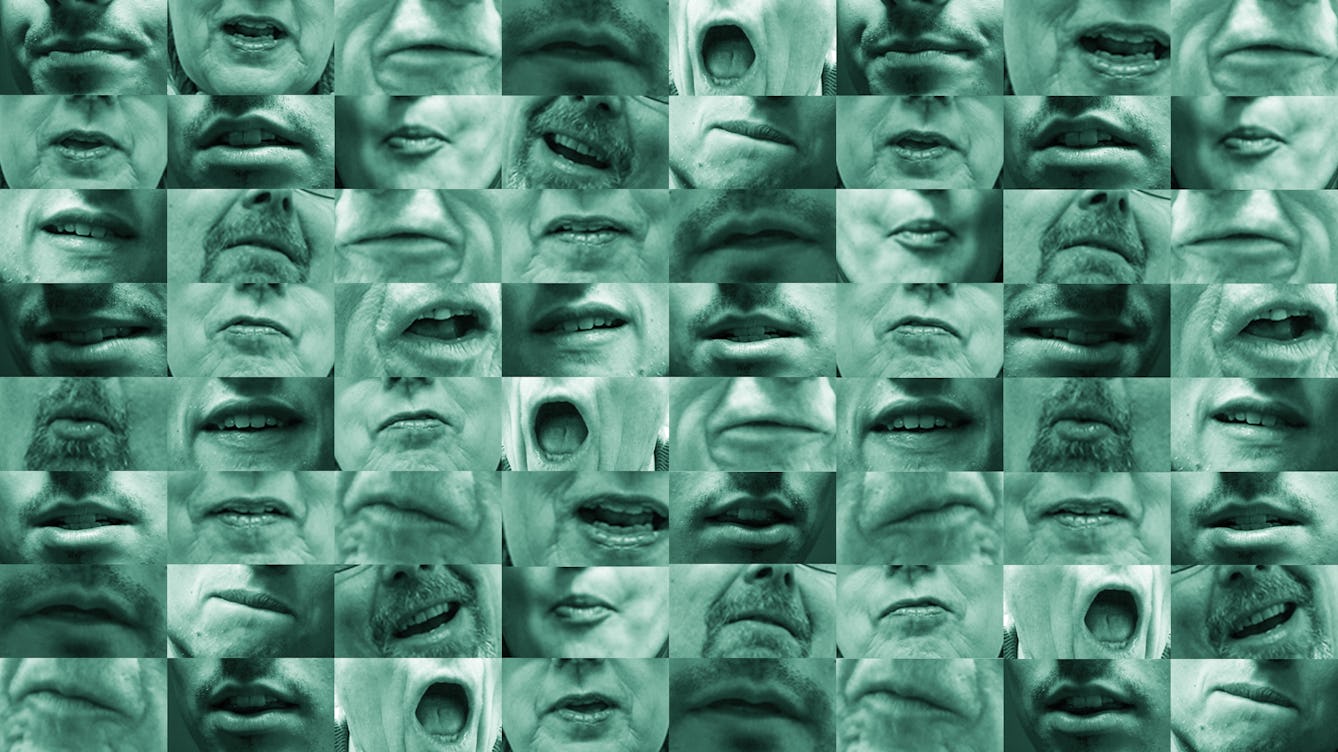
- Book extract
- Book extract
Out of the mouth trap
After 15 years of speech therapy, Jonty Claypole decided to make peace with his stammer. He explores our fear of disfluency, revealing how accepting it could actually increase our creativity and persuasiveness.

- Article
- Article
Ancestry, privacy and the family tree
Wanting to find out more about her Jamaican grandfather, Tanya Perdikou contemplates DNA testing. But first she has to consider the potential impact of unexpected results.
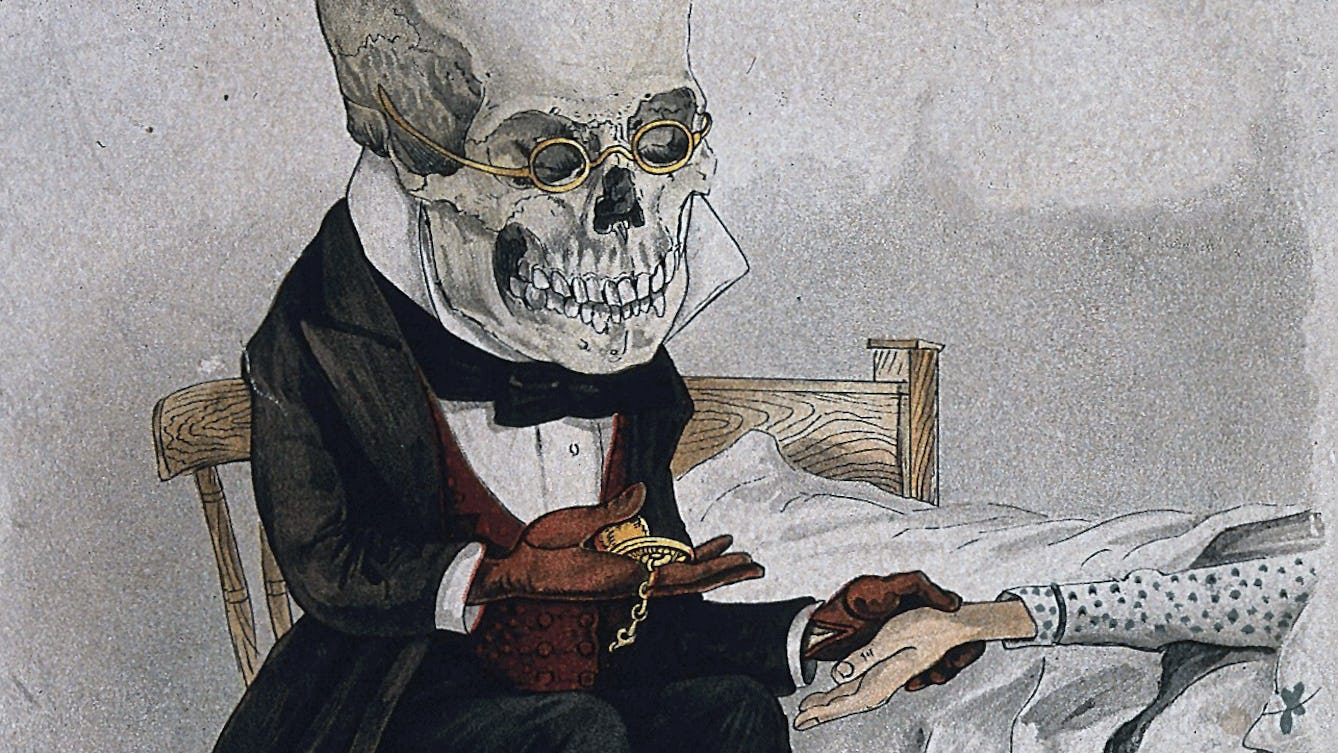
- Article
- Article
Diagnosing the past
Historical texts rarely supply enough detail for a definitive diagnosis, so medical historians need to proceed with caution.